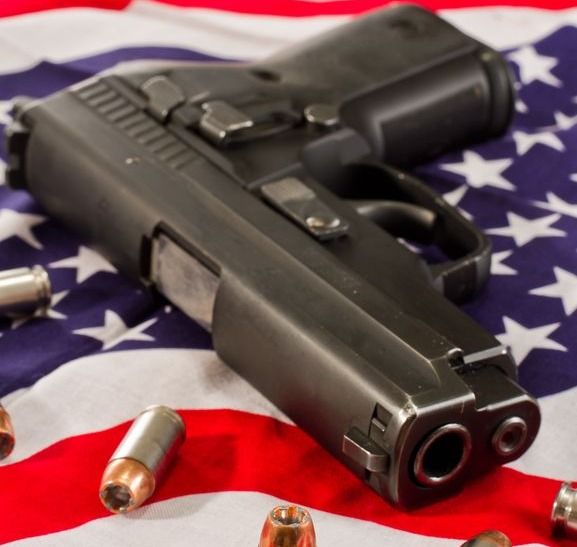Guns and Dementia: A Complex Medical Issue
Studies have found that caregivers and gun owning family members, living with someone with dementia, did not remove or lock up their firearms. Learn why this poses a risk and how healthcare professionals are working to educate on responsible gun safety in dementia care

Introduction:
Addressing concerns about healthcare professionals' inquiries into firearms in households with dementia patients is crucial for understanding the rationale behind this line of questioning. While it may seem intrusive, there are valid medical reasons for discussing gun safety in such cases.
Background:
Caring for individuals with dementia presents a range of challenges, including changes in behavior, reasoning, and overall cognitive decline. A recent study sheds light on the fact that caregivers and family members often do not secure firearms adequately in homes where dementia patients reside. Given that approximately 27% of individuals aged 65 and above own firearms, with an average of six firearms per household, the issue of gun safety becomes pertinent.
Risks and Statistics:
Research demonstrates that the elderly population has the highest suicide rate, with firearms being the most fatal method of suicide. The likelihood of self-inflicted injuries from guns increases as individuals age. Progressive dementia stages contribute to challenging behaviors such as aggression, agitation, paranoia, delusions, and hallucinations. Delusions involving suspicions of theft or harm and hallucinations that trigger fear can potentially lead to dangerous situations, especially when firearms are accessible.
The Role of Healthcare Professionals:
The intrusive questions posed by healthcare professionals about firearm ownership and storage stem from a genuine concern for the safety of both the dementia patient and the household members. It is important to consider that as dementia progresses, reasoning and logical decision-making abilities deteriorate. This loss of cognitive function can elevate the risk associated with firearms in the home.
Holistic Safety Approach:
Healthcare professionals recognize that addressing safety issues with dementia patients extends beyond conventional concerns like driving and cooking. Gun safety is now an integral part of this broader conversation. While it is understandable that these inquiries may be perceived as invasive, they ultimately aim to protect the patient and their family members from potential harm.
Conclusion:
While the questions regarding firearms ownership and storage may initially feel intrusive, it is important to understand that healthcare professionals have a duty to prioritize the safety and well-being of patients and their families. The risks associated with firearm access in households with dementia patients are significant, given the cognitive and behavioral challenges that come with the disease. By acknowledging the medical basis for these inquiries, caregivers can better appreciate the need for responsible gun safety practices, ultimately ensuring a safer environment for everyone involved.
What is a Dementia Catastrophic Reaction?
Our Resources section can help you find the information and tools that you need. We have courses, videos, checklists, guidebooks, cheat sheets, how-to guides and more.
You can get started by clicking on the link below. We know that taking care of a loved one is hard work, but with our help you can get the support that you need.
Click here to go to Resources Section now!
You might also like this article:

